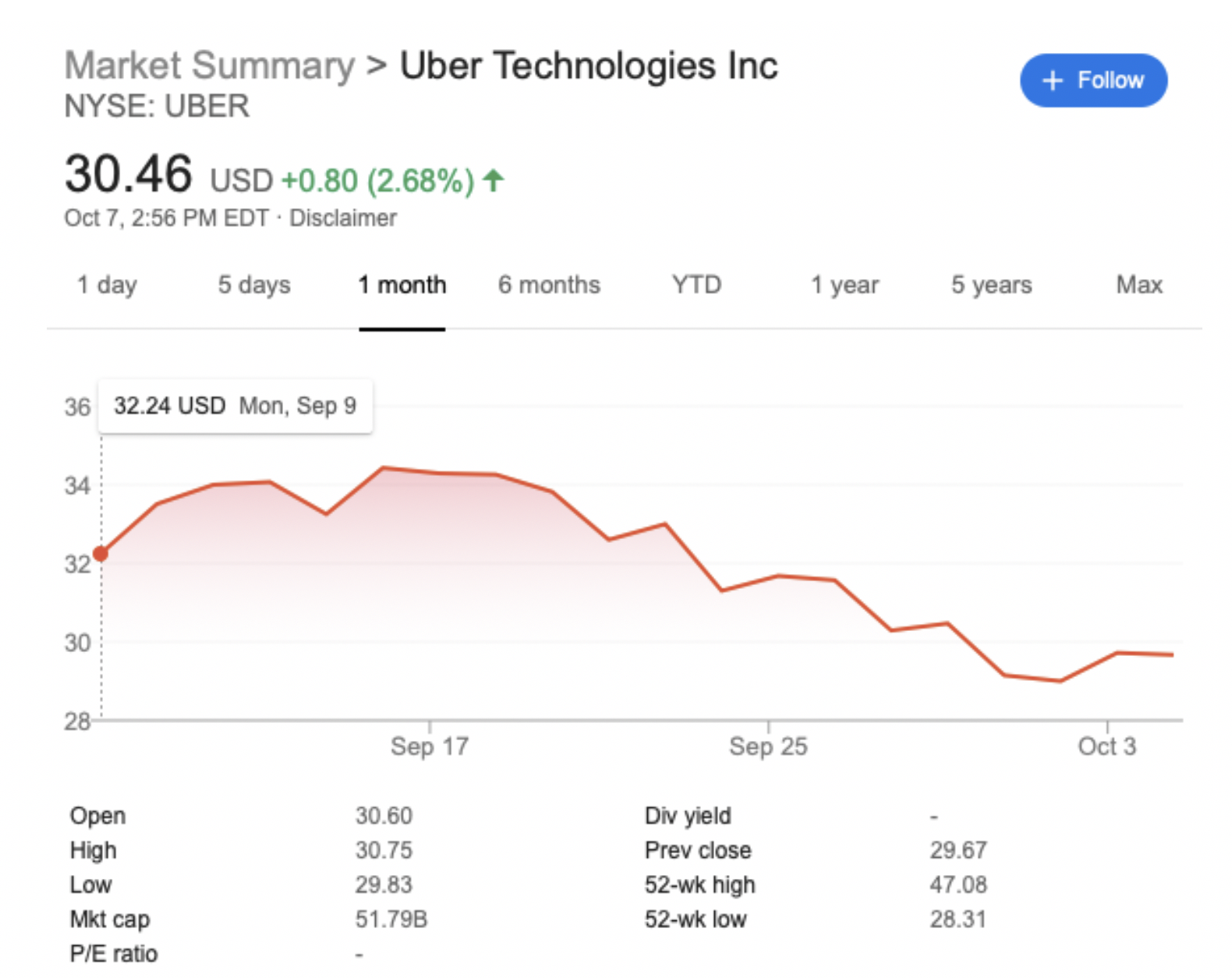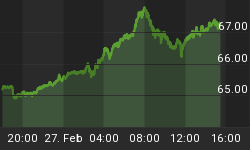Maybe the next job uber takes you to will be one it found for you.
Uber offers rides and food delivery, so why not employment, too, in an attempt to upstage some of the rivals already in this business in the U.S.
In an effort to resolve the problems of staffing agencies, and address its own problems, Uber Technologies Inc. has launched new app, Uber Works, a new sort of matchmaking service for businesses and temporary workers.
In its blog post, Uber refers to workers dealing with rigid scheduling and a lack of information about pay and where they can pick up shifts. The company claims that the app will make it easier to find temporary shifts for work like bartending, warehouse work, commercial cleaning…
"We believe a new, technology-first approach can provide faster and easier means for people to get work, while offering greater insight into the many opportunities for work that are out there — improving the experience for workers and businesses alike," the company said.
Uber claims its app will make it easier to find and take a shift while also giving businesses more flexibility to increase staff when it gets busy and make scheduling easier. It will also include information for workers about the skills and possible attire required for the job and allows them to track their hours.
But keep mind, this isn’t a novel idea. Uber would be competing with a number of rival apps in the U.S. market, including Wonolo, Workpop and Shiftgig.
It’s not novel because the gig economy is already well underway. Nearly 17 percent of the American workforce is of the gig variety, according to data from the U.S. Bureau of Labor Statistics. Alternatively, Gallup.org estimates that 36 percent of the US population is engaged in “non-traditional work”. That’s about 56 million people forming the gig economy—almost 30 of whom do this as a full-time job.
With numbers like these, Uber—the connector of people with things—sees an obvious need. Even if the playing field is already fairly crowded, it’s not crowded by big names like Uber.
Uber Works already has agreed to partnerships with third-party staffing agencies that employ, pay and handle worker benefits, potentially side-stepping this issue with the new platform.
The new app is officially live in Chicago, where it began on a trial basis in about a year ago. It's unclear if Uber plans to expand Uber Works to other cities. Uber also conducted a beta test in Los Angeles before deciding to focus solely on the Chicago area.
As far California is concerned, the company is poised to fight the state’s law passed in September that threatens its contractor-based business model.
The bill, AB 5, makes it harder for gig economy companies to continue treating their workers as contractors instead of employees. As employees, drivers would be eligible for basic labor rights like a minimum wage and benefits like paid time off. Related: Uncovering The Universe’s Biggest Secrets
The law is due to take effect on January 1st next year. However, the companies that will be impacted the most—Uber, Lyft, DoorDash, and Instacart—say they’ll continue to fight it.
The passage of the law comes at a time when two ridesharing companies Uber and Lyft, both of which went public earlier this year, are struggling to cut massive losses and prove they have a path to profitability.
Uber’s share price has had a great month:

(Click to enlarge)
Uber has reason to be confident, though.
In an abrupt change of heart, for instance, Citi analysts have lifted their rating on the stock from ‘neutral’ to ‘buy’, saying that it was difficult to ignore the company’s valuation even if profit is proving hard to come by still.
While Uber work isn’t getting that much attention at a time when employment status classifications for its drivers are up in the air, a more glamorous headline helps: Uber just launched Uber Copter rides in Manhattan for a quick way to the airport.
What to watch? Uber’s next earnings report in November, which Citi predicts will be a game-changer.
By Fred Dunkley for Safehaven.com
















